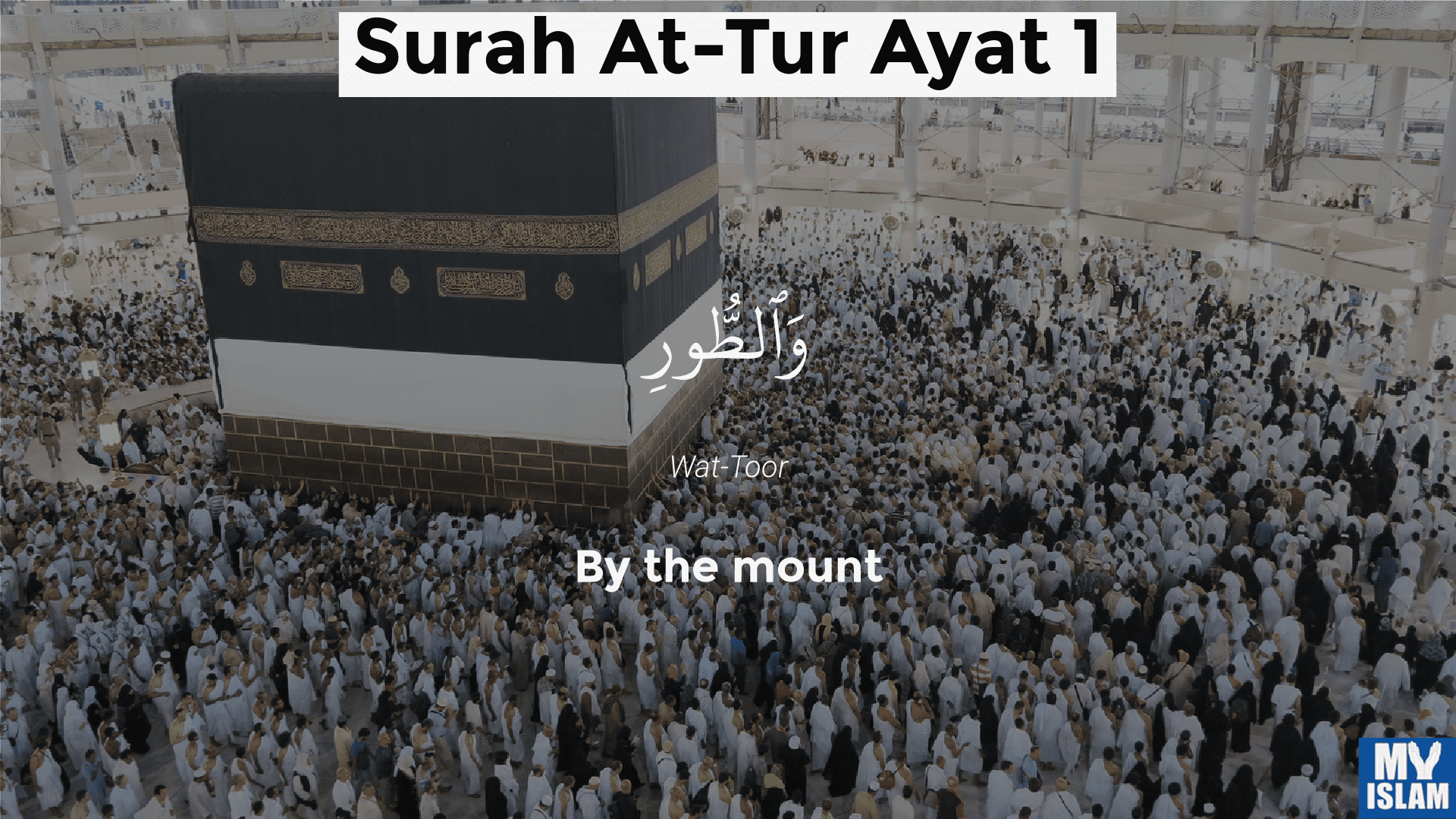Surah Tur Ayat 48 in Arabic Text
English Translation
Here you can read various translations of verse 48
And be patient, [O Muhammad], for the decision of your Lord, for indeed, you are in Our eyes. And exalt [Allah] with praise of your Lord when you arise.
Now await in patience the command of thy Lord: for verily thou art in Our eyes: and celebrate the praises of thy Lord the while thou standest forth,
Be patient, then, (O Prophet), until the judgement of your Lord comes. For surely you are before Our eyes. And celebrate the praise of your Lord when you rise,
So wait patiently (O Muhammad SAW) for the Decision of your Lord, for verily, you are under Our Eyes, and glorify the Praises of your Lord when you get up from sleep.
So wait patiently (O Muhammad) for thy Lord’s decree, for surely thou art in Our sight; and hymn the praise of thy Lord when thou uprisest,
And (endure) patiently under the Judgment of your Lord, (for) then surely you are under Our Eyes, and extol with the praise (s) of your Lord when you rise up.
Wait patiently [Prophet] for your Lord’s judgement: you are under Our watchful eye. Celebrate the praise of your Lord when you rise.
تو اپنے رب کے حکم کے انتظار میں صبر سے کام لے، بیشک تو ہماری آنکھوں کے سامنے ہے۔ صبح کو جب تو اٹھے اپنے رب کی پاکی اور حمد بیان کر
Quran 52 Verse 48 Explanation
For those looking for commentary to help with the understanding of Surah Tur ayat 48, we’ve provided two Tafseer works below. The first is the tafseer of Abul Ala Maududi, the second is of Ibn Kathir.
Ala-Maududi
(52:48) Be patient, then, (O Prophet), until the judgement of your Lord comes.[38] For surely you are before Our eyes.[39] And celebrate the praise of your Lord when you rise,[40]
38. Another meaning can be: Remain firm and steadfast in carrying out the command of your Lord.
39. That is, We are watching over you and have not left you alone.
40. There can be several meanings of this and possibly all may be implied:
First, whenever you rise from a meeting, you should rise glorifying and praising Allah. The Prophet (peace be upon him) himself acted upon this as well as instructed the Muslims that they should glorify and praise Allah when they rose from a meeting. Abu Daud, Tirmidhi, Nasai and Hakim have related, on the authority of Hadrat Abu Hurairah, that the Prophet said: If a person sat in a meeting in which much controversy took place, and he pronounced the following words before rising, Allah would forgive whatever passed in the meeting: subhanaka Allahumma wa bi-hamdika, ashhadu-al la-ilaha illa Anta, astaghfiruka wa utubu ilaika: O Allah, I glorify You with Your praises: I bear witness that there is no deity but You: I seek Your forgiveness and offer repentance before You.
The second meaning is: When you get up from bed, glorify your Lord with His praise. The Prophet (peace be upon him) acted upon this himself and had also taught his companions that they should pronounce the following words when they got up after sleep: la ilaha ill-Allah wahda-hu la sharika lahu, lahul mulku wa lahul-hamdu wa haws ala kulli shai In Qadir. Subhan-Allah-i wal-hamdulillahi wa la ilaha ill-Allah, wallahu Akbar, wa la hauls wa la quwwata-illa-billah. (Musnad Ahmad, Bukhari, on the authority of Ubadah bin as-Samit).
Its third meaning is: When you stand up for the Prayer, begin it with the praise and glorification of Allah. Accordingly, the Prophet (peace be upon him) taught that the Prayer should be begun, after the first takbir, with the following words: Subhanak-Allahumma wa bi-hamdi-ka wa tabarak asmuka wa taaIa jadduka wa la ilaha ghairuka: Glory be to You, O Allah, and I praise You. Blessed is Your name, and You are exalted. There is no god other than You.
Its fourth meaning is: When you rise to invite others to Allah, begin your invitation with the praise and glorification of Allah. That also was the Prophet’s (peace be upon him) constant practice, and he always began his addresses with the praise and glorification of Allah Almighty.
Commentator Ibn Jarir has given still another meaning of it, and it is this: When you get up after the midday nap, offer the Prayer and this implies the Zuhr Prayer.
Ibn-Kathir
The tafsir of Surah Tur verse 48 by Ibn Kathir is unavailable here.
Please refer to Surah Tur ayat 44 which provides the complete commentary from verse 44 through 49.
Quick navigation links






